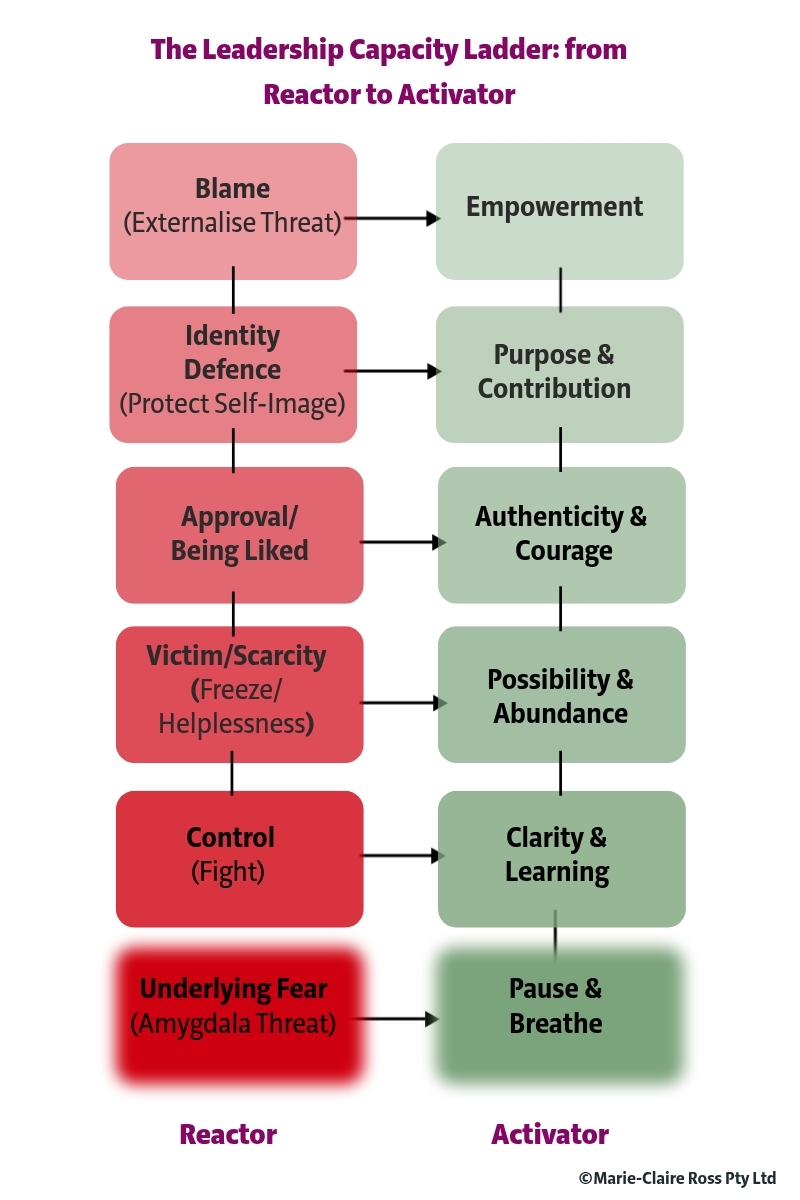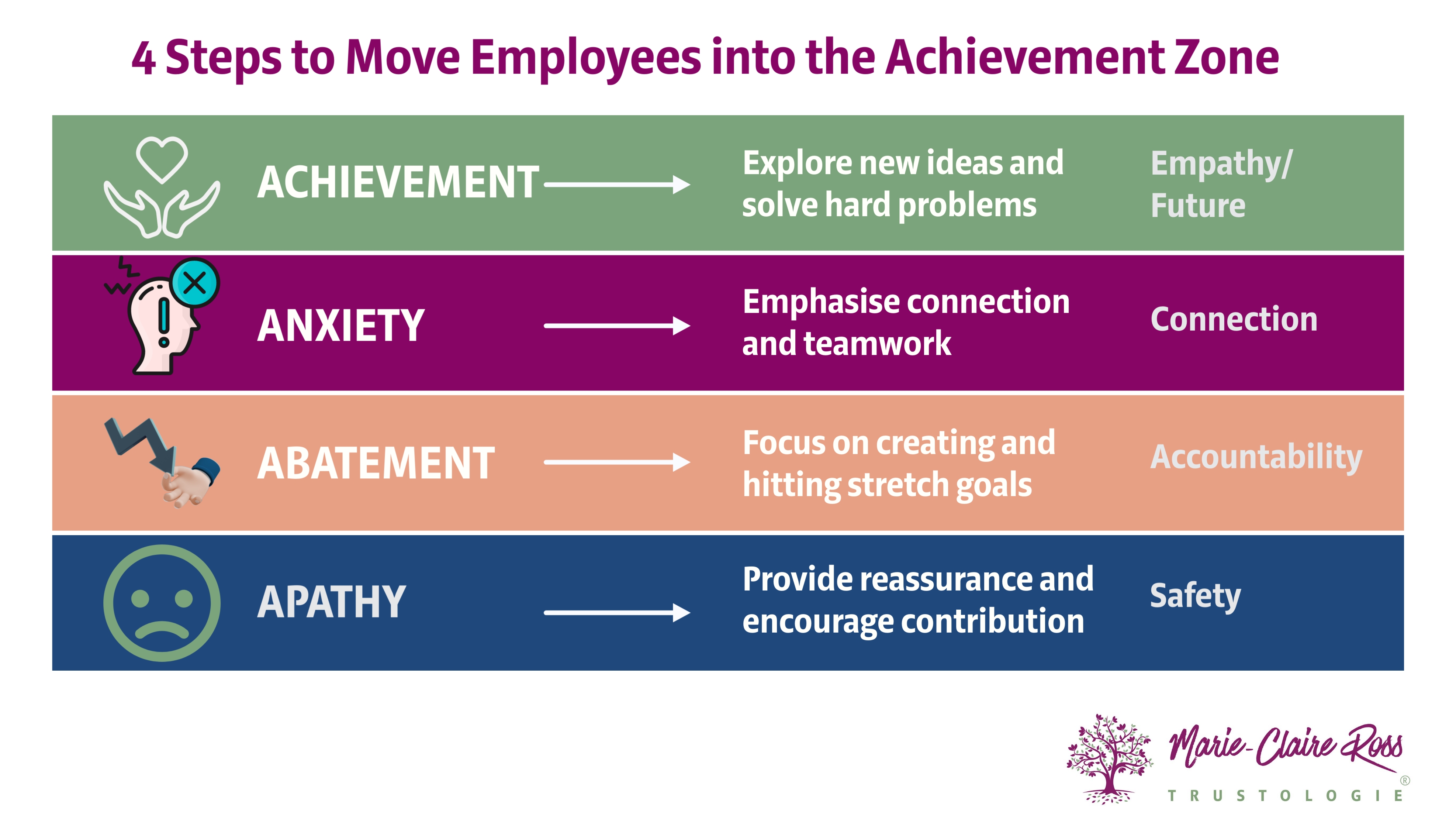
3 min read
Four Leadership Behaviours that Stop you from Getting Promoted
As an executive coach, I’m often brought in to support executives and senior managers who are technically capable, experienced, and hardworking - yet somehow keep getting passed over for promotion.
Read More


















